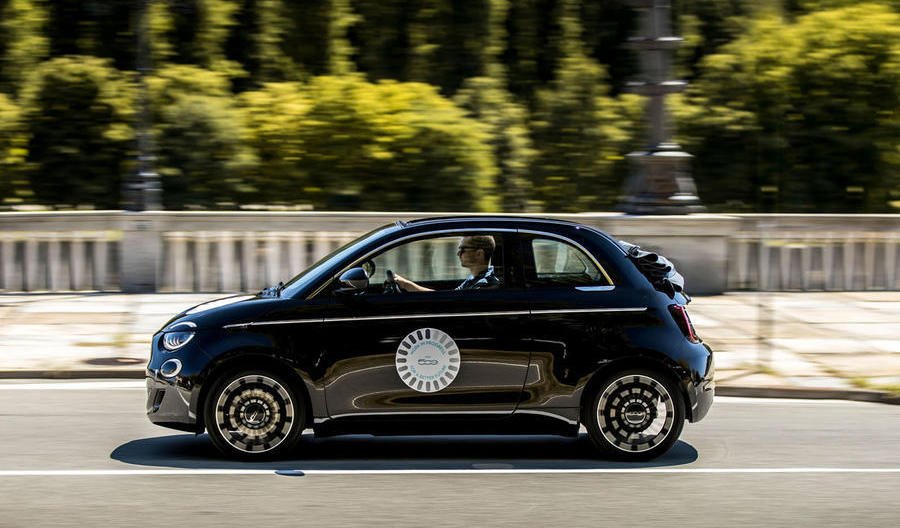Global car giant Stellantis has said it will generate €20 billion in revenue from software-enabled products and subscriptions in 2030, as it gears up for a new era of over-the-air updates and artificial intelligence (AI).
The firm, which owns Abarth, Alfa Romeo, Citroen, DS Automobiles, Fiat, Jeep, Maserati, Peugeot and Vauxhall, announced today that it will invest more than €30bn to 2025 to execute the “software and electrification transformation”.
In the short term, it will mean that by 2024, the majority of all new vehicles will be fully updatable over the air. Today, Stellantis has 12 million monetisable connected cars globally. By 2026, this is set to grow to 26 million vehicles and make €4bn in revenues, and by 2030 it will reach 34 million vehicles and €20bn in annual revenues.
The firm has identified five areas in which to grow its software and connected services business: services and subscriptions; features on demand; data as a service and fleet services; vehicle pricing and resale value and conquests; and service retention and cross-selling.
It has also announced three new AI technology platforms, to be deployed from 2024: STLA Brain, STLA SmartCockpit and STLA AutoDrive.
STLA Brain is over-the-air capable with 30 modules rather than today’s 10. Stellantis said it “breaks today’s bond between hardware and software generations, enabling software developers to create and update features and services quickly without waiting for a new hardware launch”. These over-the-air updates will “dramatically reduce costs for both the customers and Stellantis, simplify maintenance for the user and sustain vehicle residual values”, added the company.
The second platform, STLA SmartCockpit, is intended to “seamlessly integrate with the digital lives of vehicle occupants to create a customisable third living space”. It is developed in partnership with Foxconn and delivers AI-based applications such as navigation, voice assistance, e-commerce marketplace and payment services.
Finally, STLA AutoDrive, developed in partnership with BMW, will offer level two, level two+ and level three autonomous driving capabilities and will be continuously upgraded through over-the-air updates.
The partnership with Foxconn aims to design new flexible semiconductors for both Stellantis and third-party customers. Stellantis said the four families of chips will cover more than 80% of the firm’s micro-controllers’ needs, helping “to greatly simplify the supply chain”. These chips are set to be in Stellantis vehicles by 2024.
The project will be a welcome development given the global shortage of semi-conductors. While it will not help the current crisis, it will go some way to safeguard Stellantis from repeat issues in the future.
The company has also announced it will launch a usage-based insurance programme next year, leveraging its data collection capabilities.
Stellantis boss Carlos Taveres commented: “Our electrification and software strategies will support the shift to become a sustainable mobility tech company to lead the pack, leveraging the associated business growth with over-the-air features and services, and delivering the best experience to our customers.
“With the three all-new AI-powered technology platforms to arrive in 2024, we will leverage the speed and agility associated with the decoupling of hardware and software cycles.”
Talking about the tie-up with Foxconn, Tavares added: “Our software-defined transformation will be powered by great partners across industries and expertise.
“With Foxconn, we aim to create four new families of chips that will cover over 80% of our semiconductor needs, helping to significantly modernise our components, reduce complexity and simplify the supply chain. This will also boost our ability to innovate faster and build products and services at a rapid pace.”
Related News

